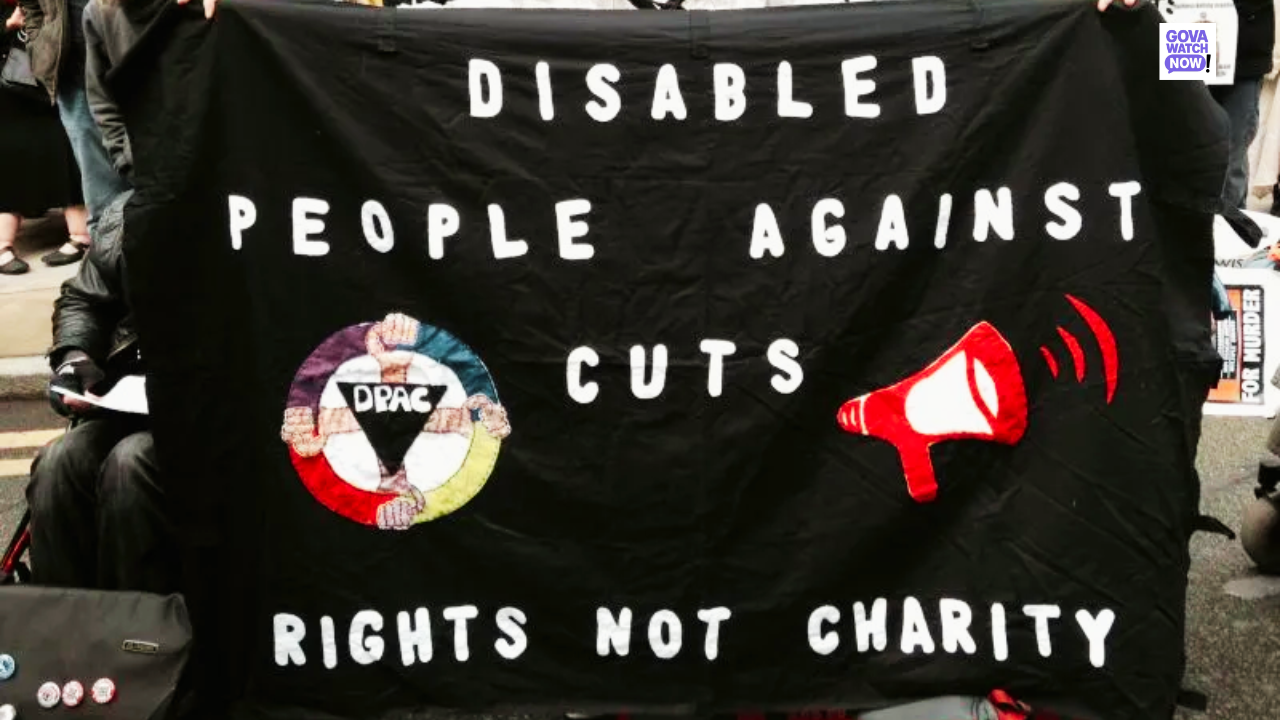Labour MP Vicky Foxcroft has resigned from her role as a government whip in a heartfelt protest against proposed disability benefit cuts, saying she cannot in good conscience support reforms that would make life harder for some of the most vulnerable people in the country. Her decision comes as Labour faces growing criticism over its backing of welfare changes that are expected to save around £5 billion annually, mainly by tightening access to Personal Independence Payment (PIP) and delaying financial support for young disabled people on Universal Credit until they turn 22.
In her resignation letter, Foxcroft expressed deep concern about the impact of these measures on disabled individuals, many of whom rely on this support not only for day-to-day essentials but also for their independence and dignity. Her stand makes her the first Labour frontbencher to quit over the issue, a move that highlights rising tensions within the party. She has long been an advocate for people with disabilities, and said she could not stay silent as policies she believes will harm the very people she’s spent years defending move closer to becoming law.
Foxcroft’s resignation has intensified pressure on Labour leader Keir Starmer, as more MPs voice their opposition to the welfare reform bill. Over 80 Labour MPs are believed to be privately against the plans, with at least 40 having gone public with their concerns. The legislation is expected to be put to a vote on July 1, and the risk of a significant backbench rebellion is growing. Some insiders suggest that more than 100 MPs could defy the party line if the leadership doesn’t soften its position.
Behind the scenes, party officials are reportedly warning MPs that any rebellion could come with serious consequences, including being barred from future ministerial roles or even losing the whip. Despite the pressure, many MPs and disability rights groups remain deeply troubled by the reforms, which they argue disproportionately target people with invisible or fluctuating conditions, such as mental illness or chronic fatigue.
Foxcroft’s departure underscores the emotional and ethical weight of the issue. This isn’t just a political disagreement; it’s about the real-life consequences for people already struggling to navigate a difficult system. As the vote approaches, her resignation may give others the courage to speak out and could prove to be a turning point in the debate over the future of disability support in the UK.




